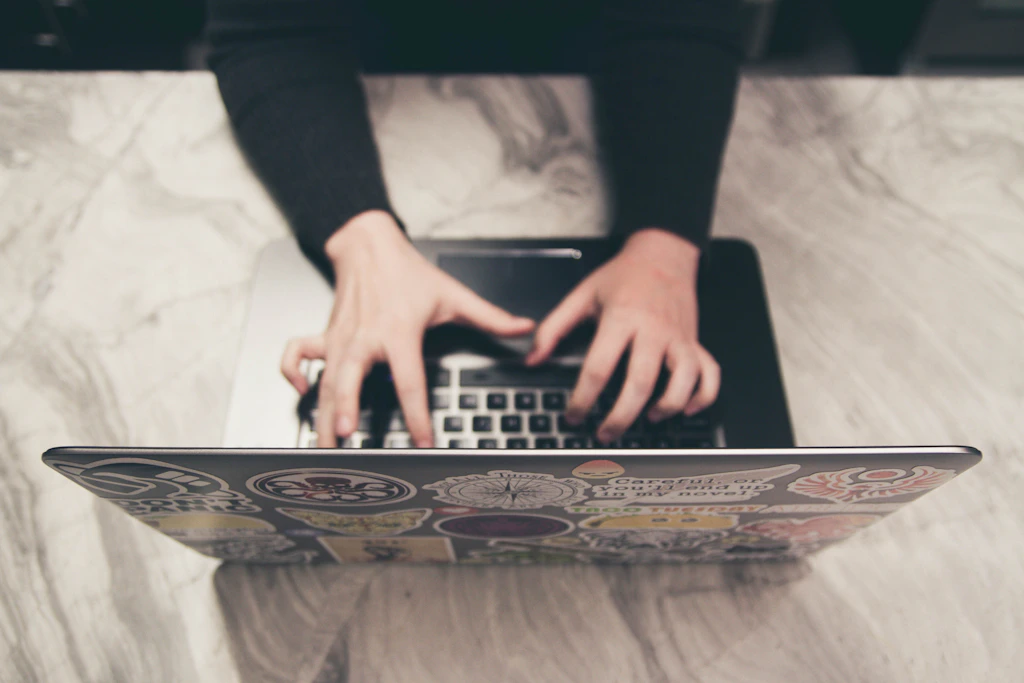Social media has become an integral part of student life, influencing various aspects of academic and personal growth. While it offers numerous benefits, it also presents several challenges. Here’s an in-depth look at the impact of social media on students:
Positive Impacts
- Enhanced Communication: Social media platforms facilitate communication and collaboration among students. They can discuss assignments, share resources, and work on group projects more efficiently.
- Access to Information: Students can easily access educational content, tutorials, and scholarly articles through social media. This instant access to information supports their learning and research.
- Networking Opportunities: Social media provides opportunities to connect with peers, professors, and industry professionals. Building a professional network during college can lead to internships, job offers, and career guidance.
- Emotional Support: Online communities and support groups offer emotional support and help students cope with stress and anxiety. They can share experiences, seek advice, and find comfort in knowing they are not alone.
Negative Impacts
- Distraction: Social media can be a significant distraction, leading to procrastination and reduced productivity. Constant notifications and the urge to check updates can interfere with study time.
- Mental Health Issues: Excessive use of social media has been linked to mental health issues such as anxiety, depression, and low self-esteem. Comparing oneself to others and exposure to negative content can exacerbate these issues.
- Sleep Disruption: Late-night use of social media can disrupt sleep patterns, affecting overall health and academic performance. Blue light from screens can interfere with the body’s natural sleep cycle.
- Cyberbullying: Students may face cyberbullying or harassment online, which can have severe emotional and psychological effects. Protecting oneself from online abuse and knowing how to handle such situations is crucial.
Balancing Social Media Use
- Set Boundaries: Establish specific times for social media use to avoid it interfering with study and sleep. Using tools like screen time trackers can help monitor usage.
- Prioritize Tasks: Focus on academic responsibilities first and use social media as a reward. Setting clear priorities helps maintain productivity.
- Stay Positive: Follow accounts that offer positive and educational content. Avoid engaging with negative or toxic posts.
- Seek Help: If social media use is impacting mental health, seek help from counselors or support groups. It’s essential to address any adverse effects promptly.
Utilizing Resources for Academic Success
For students struggling to balance social media and academic responsibilities, seeking essay help or college essay help can be beneficial. Professional services can assist in managing coursework, allowing students to focus on maintaining a healthy balance.
- Essay Help: Provides support in crafting well-researched and compelling essays, improving academic performance.
- College Essay Help: Offers guidance on college applications and essays, enhancing chances of admission to top programs.
- Online Essay Help: Convenient access to expert advice and resources anytime, fitting seamlessly into a busy schedule.
Conclusion
Social media has a profound impact on student life, offering both benefits and challenges. By setting boundaries, prioritizing tasks, and seeking support when needed, students can harness the positive aspects while mitigating the negatives. Additionally, utilizing resources like essay help and college essay help can further enhance academic performance and overall well-being. Striking a balance between social media use and academic responsibilities is key to achieving success and maintaining a healthy lifestyle.




